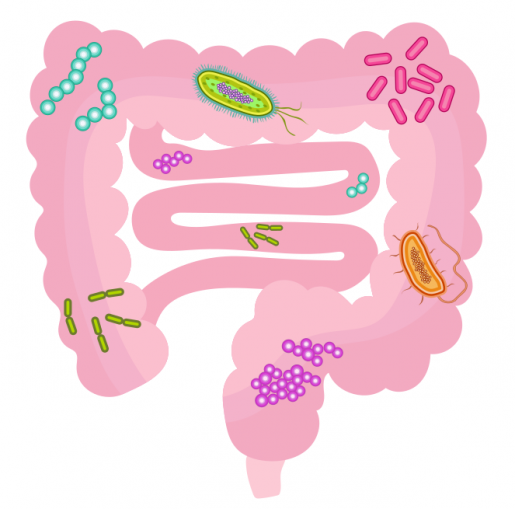Introducing Gut Microbiome and Its Significance to Human Health

The Ultimate Guide to Gut Health and Your Microbiome
In recent years, gut health has become a hot topic in wellness circles—and for a good reason. Your gut plays a central role in almost every aspect of your well-being, from digestion to mental health. At the heart of your gut health is the gut microbiome—a complex community of trillions of microorganisms, including bacteria, viruses, and fungi, that live in your digestive system. Maintaining a balanced gut microbiome is crucial to keeping your body and mind in peak condition.
What is the Gut Microbiome?
Your gut microbiome is essentially an ecosystem made up of microorganisms that reside in your intestines. This community of bacteria is unique to you and plays a critical role in your health. Some bacteria are beneficial, helping with digestion, immune function, and even mood regulation. However, if the balance shifts, harmful bacteria can take over, contributing to various health problems like digestive issues, immune system disruptions, and even mental health disorders.
Why Gut Health Matters
- Boosts Digestion and Nutrient Absorption: The bacteria in your gut help break down complex carbohydrates, fiber, and proteins that your digestive system can’t handle on its own. A healthy microbiome ensures better nutrient absorption and overall digestion.
- Supports Your Immune System: Around 70% of your immune system resides in your gut. A healthy gut boosts the production of immune cells, helping your body fight off infections and regulate inflammation.
- Improves Mental Health: The gut-brain connection (also called the gut-brain axis) links your gut directly to your brain. Studies show that an imbalanced microbiome can contribute to mental health issues like anxiety, depression, and stress.
- Helps with Weight Management: The bacteria in your gut affect how your body processes and stores fat. A balanced gut microbiome can improve metabolism, potentially helping with weight loss and maintaining a healthy weight.
Factors That Impact Gut Health
- Diet: Eating a balanced diet rich in fiber, fruits, vegetables, and fermented foods promotes gut health. In contrast, diets high in processed foods, sugar, and artificial ingredients can disrupt the balance of your gut bacteria.
- Antibiotics: While antibiotics are necessary to treat infections, they can wipe out both harmful and beneficial bacteria in your gut. It’s important to take probiotics and eat fiber-rich foods to help restore balance afterward.
- Stress: Chronic stress can disturb your gut microbiome, leading to digestive problems and contributing to mental health issues.
- Sleep and Exercise: Getting quality sleep and regular exercise are also key to maintaining a healthy gut. Poor sleep can disrupt your gut bacteria, while regular exercise promotes good digestion and a balanced microbiome.
How to Improve Your Gut Health
- Eat a Variety of Foods: The more diverse your diet, the more diverse your gut bacteria. Whole foods rich in fiber, fruits, and vegetables feed the good bacteria in your gut and promote gut health.
- Incorporate Fermented Foods: Foods like yogurt, kefir, kimchi, and sauerkraut are rich in probiotics—beneficial bacteria that help maintain a healthy gut microbiome.
- Limit Sugar and Processed Foods: Excessive sugar can fuel the growth of harmful bacteria, throwing off the balance of your gut microbiome.
- Take Probiotics: Taking a daily probiotic supplement can help introduce more good bacteria into your system, particularly after a course of antibiotics.
- Manage Stress: Stress reduction techniques like meditation, yoga, and mindfulness can improve your gut health by reducing the impact of chronic stress on your gut microbiome.
- Exercise Regularly: Regular physical activity supports healthy digestion and promotes a balanced microbiome, which is essential for overall health.
Conclusion
Your gut health impacts much more than just your digestion—it’s tied to your immune system, mental health, and even weight management. By taking care of your gut microbiome with a balanced diet, probiotics, regular exercise, and stress management, you can boost your overall well-being. If you’re serious about improving your health, start by paying attention to your gut.
Updated on October 22, 2024
